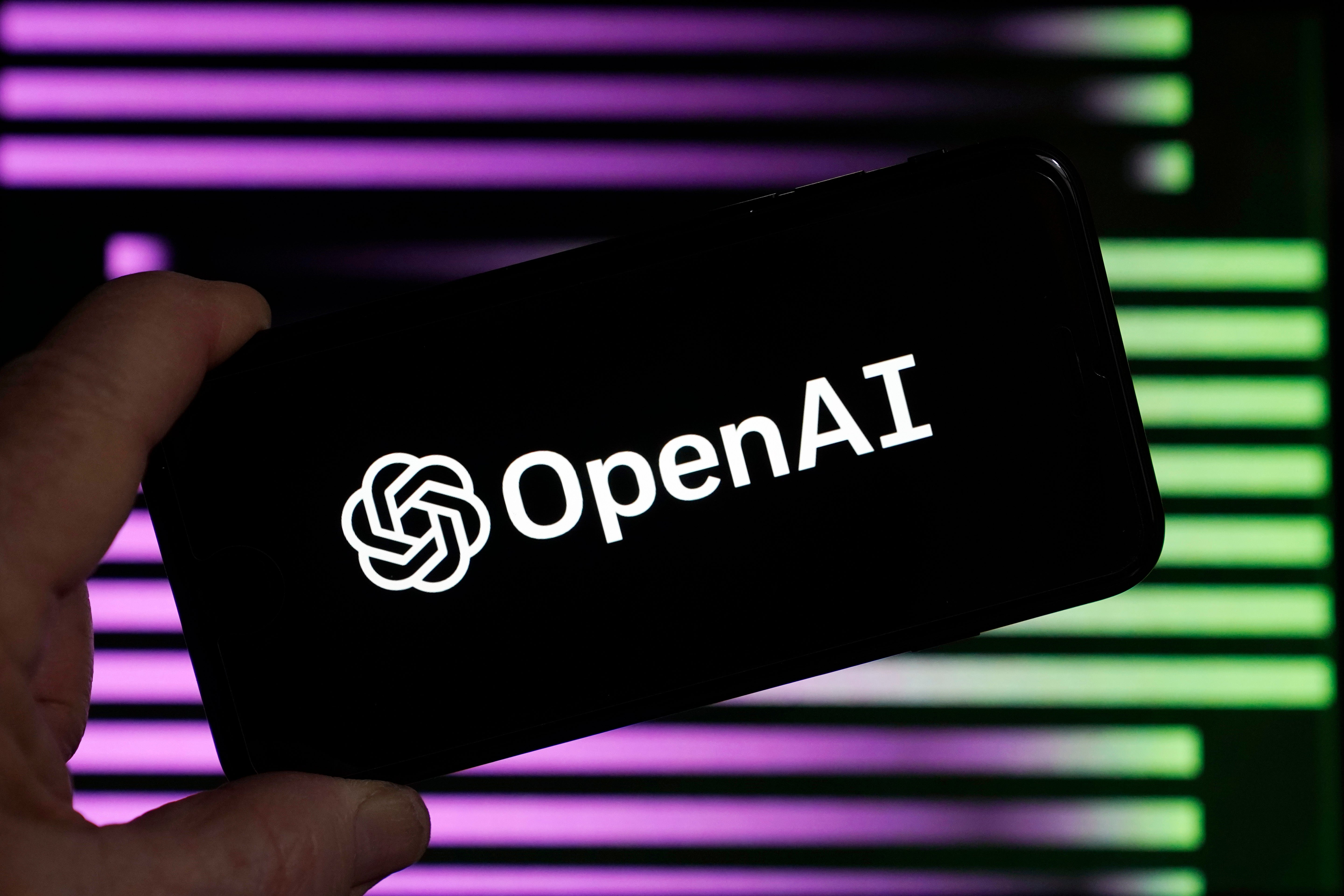ChatGPT creator withholds latest AI over fears it’s too powerful
New GPT-4 tool can decode captcha puzzles designed to separate humans from machines

OpenAI, the creator of ChatGPT, is withholding key features of its most powerful artificial intelligence tool over ethical and legal fears.
The company developed its latest GPT-4 chatbot to be multimodal, meaning it can process images as well as text. This allows users to upload photos in order to unlock brand new applications, such as identifying issues with a broken car engine.
It could also help visually impaired users recognise objects, with the next-generation AI being able to vocalise a description of an image. This includes captcha puzzles, which are designed to separate humans from machines.
The feature has already been tested on blind users, who used the visual analysis function to determine which dispensers in a hotel bathroom distributed shampoo or shower gel.
“It told me the millilitre capacity of each bottle. It told me about the tiles in the shower,” Jonathan Mosen, a chief executive at an employment agency who tested the latest GPT-4, told The New York Times. “It described all of this in a way that a blind person needs to hear it. And with one picture, I had exactly the answers that I needed.”
Mr Mosen spotted that certain features had been restricted, with OpenAI reportedly blocking facial recognition over privacy concerns.
The firm feared that using its powerful AI to collect and process information about people’s faces would not be considered acceptable by many users, while certain jurisdictions may also mount legal challenges.
In Europe, for example, companies are required to get people’s consent in order to use their biometric data.
Sandhini Agarwal, a policy researcher at OpenAI, said the company’s technology is able to identify public figures after being trained on Wikipedia data sets, however it wants to address safety concerns before releasing the image analysis tool publicly.
“We very much want this to be a two-way conversation with the public,” she told the publication. “If what we hear is like, ‘We actually don’t want any of it,’ that’s something we’re very on board with.”
Subscribe to Independent Premium to bookmark this article
Want to bookmark your favourite articles and stories to read or reference later? Start your Independent Premium subscription today.

Join our commenting forum
Join thought-provoking conversations, follow other Independent readers and see their replies